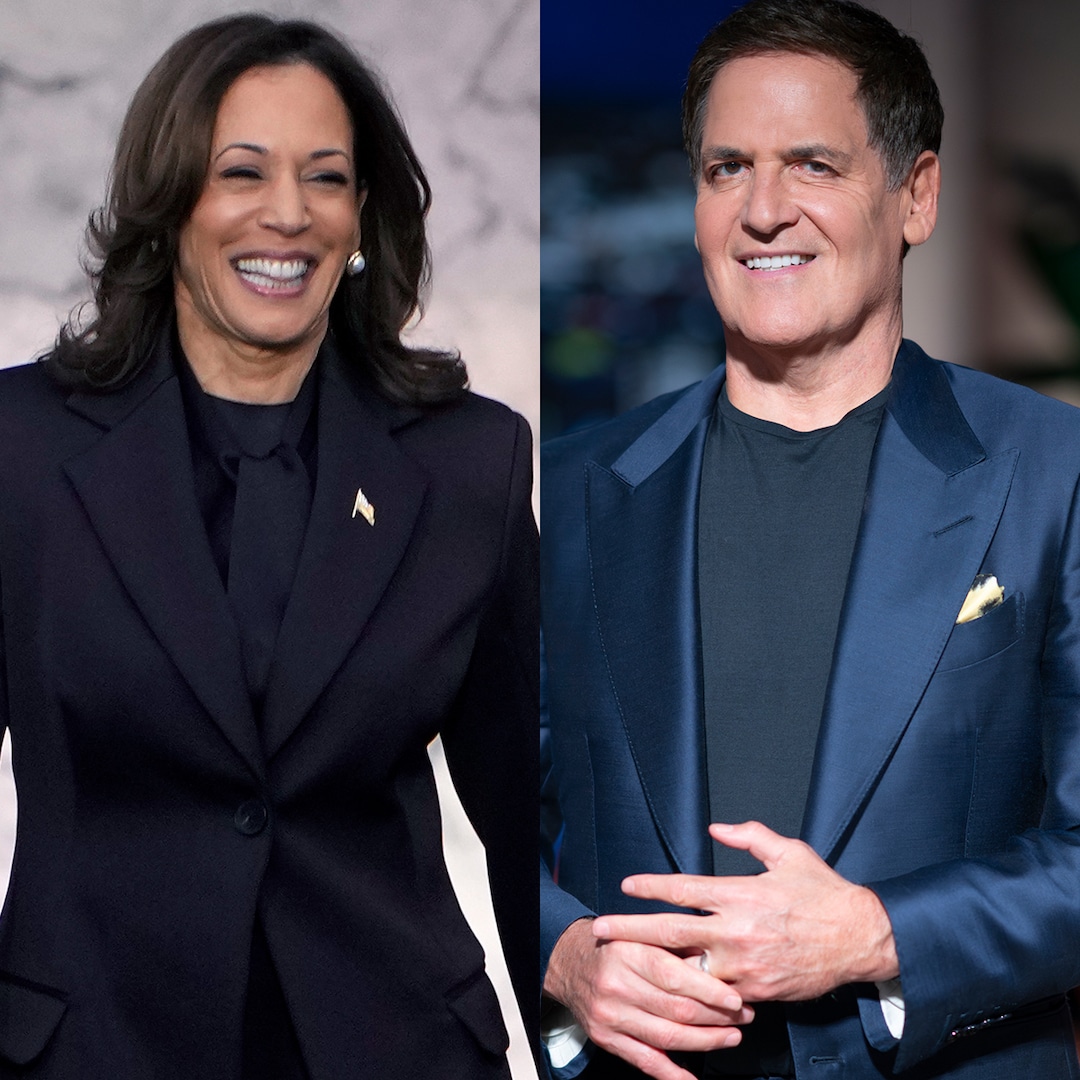This story was originally published on CFO Dive. To receive daily news and insights, subscribe to our free daily CFO Dive newsletter.
Amid changing government priorities, trade tariffs and questions about product safety, defense technology startup Shield AI remains positioned for growth, CFO Kingsley Afemikhe said in an interview.
The company has faced increased scrutiny after a recent Forbes report highlighted an accident with Shield AI’s V-BAT drone during a U.S. Navy demonstration of the technology in April 2024. A U.S. service member was seriously injured when his fingers were caught in the drone’s spinning blades when he approached during landing — an incident that has had ripple effects, pushing back profitability and customer acquisition timelines.
“While profitability timelines have adjusted, we are firmly back on track and focused on execution, scalability, and delivering on our mission with operational discipline. Since the incident, we’ve passed two government safety audits…Combined with continued customer engagement and investment in operational excellence, these efforts ensure we remain on track,” Afemikhe said.
The company missed financial targets for 2024 and 2025, and does not expect to become profitable this year as previously projected. The company had hoped to hit more than $400 million in revenue and become profitable this year — mostly due to V-BAT sales — but doesn’t expect to meet those targets, Forbes reported.
“The mishap delayed the decision process of many potential customers domestically and internationally,” Co-founder and President Ryan Tseng told Forbes. “We are back on track now.”
Founded in 2015 by former Navy SEAL Brandon Tseng and his engineer brother Ryan Tseng, the company is known for its unmanned drones and Hivemind, the company’s proprietary AI software that allows them to operate autonomously. The V-BAT is a 12.5-foot-long, vertical takeoff and landing drone developed by Shield AI. The company also offers wide-area motion imaging products, which are supporting missions globally, Afemikhe said.
Shield AI’s customers include U.S. government and military organizations, along with aerospace and defense firms. Most of its business is U.S.-based, but demand is growing in allied countries, according to the company. The company also has new leadership: In March, it announced Ryan Tseng would step down as CEO but remain president. Gary Steele, formerly president of go-to-market at Cisco and CEO of Splunk, took over as CEO on May 13.
Margaret Kosal, professor of international affairs at Georgia Tech, said Shield AI is building a first-mover advantage, though many offerings in this space are new and only beginning to test boundaries of regulatory oversight.
Since the category of products is still relatively new, companies like Shield AI still need to continue to build public confidence in their technology, said Kosal.
“The bigger challenge is going to be public perception… crafting the narrative, ensuring that they are seen as the leaders,” she said.
To that end, Shield AI is countering the recent scrutiny it’s received. Afemikhe said the company “strongly disagreed” with the Forbes article’s assertion that safety was overlooked, pointing to “hundreds of millions of dollars” in investments in V-BAT safety and reliability.
“Our contractor-operated deployments have achieved a lifetime fully mission capable (FMC) rate of 98.6%, with 7 of the last 11 deployments reaching 100% availability,” he said. The company has implemented a series of corrective actions since the accident, he said in an email to CFO Dive.
While the Trump administration’s trade tariffs might strain some industries’ supply chains, Shield AI does not expect a significant impact, Afemikhe said.
“We have almost no impact on our direct costs from the tariffs because we manufacture in the U.S., and most of our supply base is in the U.S. as well,” said Afemikhe.
U.S. government budget cuts aren’t likely to get in the way of the company’s core business, since resources are still being pulled toward high-priority missions that align with company goals, Afemikhe said. Regardless of the outcome of the Ukraine conflict, the company still expects to operate there in the realm of border surveillance and reconnaissance — with operational support coming from a range of countries, he added.
“We still see a lot of support from the U.S. government for its missions abroad,” including intelligence, surveillance and reconnaissance, operations that don’t require an active combat situation, he said. “We’re doing a lot of work with border security — in Europe and also [in the U.S.] as well.”
Shield AI has customers in Europe and Asia, including in countries that don’t have the capital or expertise to develop their own fighter jet programs, he noted.
Afemikhe said the company is focusing on execution and scalability. Shield AI recently signed $100 million in contracts with European customers and is pursuing more than $1.8 billion in potential deals, he said.
A privately-held firm, the ten-year-old company has raised more than $1 billion in equity, reaching a $5.3 billion valuation in March. Investors include L3Harris and Hanwha Asset Management, along with Andreessen Horowitz, U.S. Innovative Technology and Washington Harbour.
In March, Shield AI raised $240 million $240 million in a strategic funding round to expand deployment of its autonomy software, Hivemind Enterprise, to governments, original equipment manufacturers and other companies. Shield AI competes with other startups developing autonomous defense systems, such as Anduril Industries, as well as with large legacy defense contractors like Northrop Grumman.















